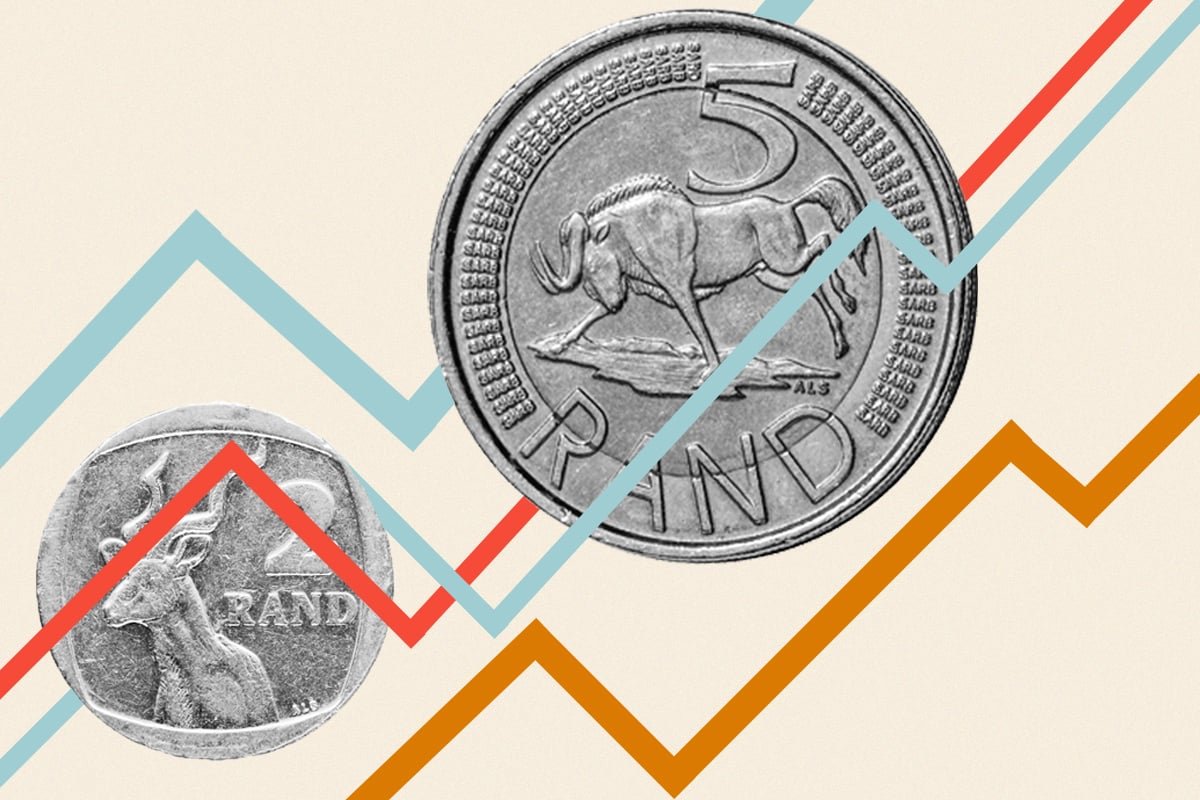
Tables turn for South Africa’s economy, says Absa
Absa’s latest Purchasing Managers Index has risen firmly into expansionary terrain, showing that manufacturing could see further gains in the final portion of 2022.
Absa reported PMI to increase to 52.6 points, up from 50 in October and an average level of 49.6 recorded in the third quarter. Absa’s index tracking expected business conditions for the next six months also rose from 49.2 the month before to 51.7.
The bank’s PMI is an economic activity index based on surveys conducted with purchasing managers in the country’s manufacturing sector. The managers provide monthly insights into business activity.
Data from this is then coagulated to form an index where 50 relates to stability, a measure above indicates increased activity, and a measure below indicates a decrease in activity.
Bloomberg reported that better-than-expected manufacturing outputs would aid the country in returning to growth in the third quarter after contracting 0.7% in the three months prior.
Absa said that overall business activity and new sales orders improved for a second straight month after both had plunged during the load-shedding-heavy month of September.
Overall business activity for purchasing managers in the manufacturing sector ticked up in November; however, it did not manage to edge back to a neutral activity mark.
The index for business activity increased consistently from September at 39.8, October at 48.8, and November at 49.5.
“The higher average of the business activity index relative to Q3 suggests that a further, slight expansion in actual manufacturing output is possible for Q4,” reported Absa.
The bank noted business activity as ‘remarkable’ given the extent of load-shedding that has halted production lines and made operating a factory far more expensive.
Export sales reported positive activity in relation to October, which what constrained drastically by labour strikes at Transnet. According to the Minerals Council of South Africa, the strike had cost the mining industry R6 billion every day, on top of the R50 billion already lost due to Transnet’s prior mistakes.
Employment metrics for manufacturers showed a sizeable recovery from a low in October at 41.5 to 45.7.
“As cautioned in the past, higher demand and output levels would likely need to be sustained for some time for any improvement in staffing levels to occur,” said Absa.
The bank said that purchasing price index remained largely unchanged in November. The recent decline in oil prices, as well as a somewhat stronger rand, boded well for a general downward trend in purchasing price pressure to continue through the final month of the year.
Source: BusinessTech















